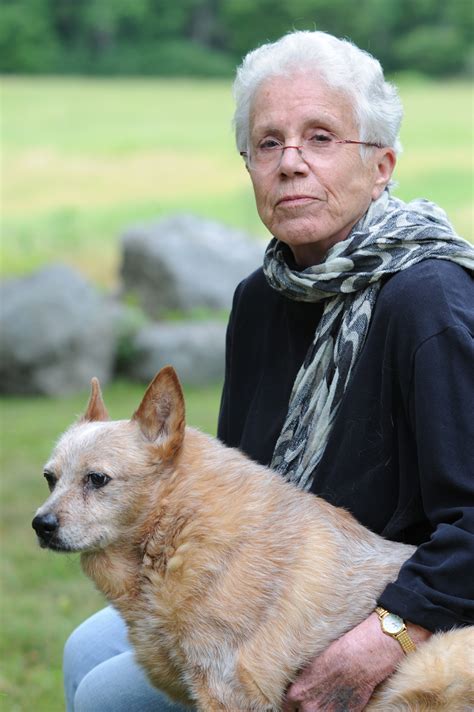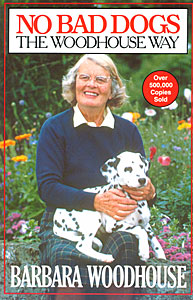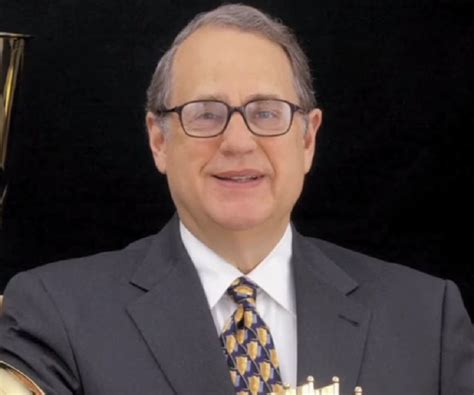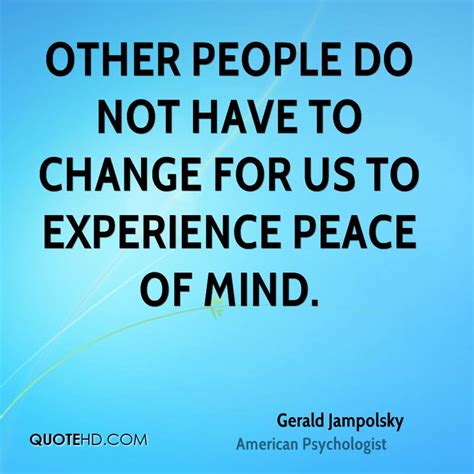A Quote by George Eliot
Poor dog! I've a strange feeling about the dumb things as if they wanted to speak, and it was a trouble to 'em because they couldn't. I can't help being sorry for the dogs always, though perhaps there's no need. But they may well have more in them than they know how to make us understand, for we can't say half what we feel, with all our words.
Related Quotes
These glorious things-words-are man's right alone...Without words we should know no more of each other's hearts and thoughts than the dog knows of his fellow dog....for, if you will consider, you always think to yourself in words, though you do not speak them aloud; and without them all our thoughts would be mere blind longings, feelings which we could not understand ourselves.
Many dogs can understand almost every word humans say, while humans seldom learn to recognize more than half a dozen barks, if that. And barks are only a small part of the dog language. A wagging tail can mean so many things. Humans know that it means a dog is pleased, but not what a dog is saying about his pleasedness.
Every day, the humane societies execute thousands of dogs who tried all their lives to do their very best by their owners. These dogs are killed not because they are bad but because they are inconvenient. So as we need God more than he needs us, dogs need us more than we need them, and they know it.
All people in the world - who are not hermits or mutes - speak words. They speak different languages, but they speak words. They say, "How are you" or "I'm not feeling well" all over the world. These common words - these common elements that we have between us - the writer has to take some verbs and nouns and pronouns and adjectives and adverbs and arrange them in a way that sound fresh.
You need eyes that tell the dog who watches them what you are feeling toward it, even though the message may be hidden from the outside world. Above all, you nee telepathy so that the dog thinks with you. These things are not always born in people. They can be developed as any sense or gift can be developed. That is, providing the person wishes to develop them is honest in mind, because with animals you cannot cheat.
We worship…the powers that speak to our souls, if it seems they do. We do so knowing there is more to the world, and the half-world, and perhaps worlds beyond, than we can grasp. We always knew that. We can’t even stop children from dying, how would we presume to understand the truth of things? Behind things? Does the presence of one power deny another? [p. 176]
How it is that animals understand things I do not know, but it is certain that they do understand. Perhaps there is a language which is not made of words and everything in the world understands it. Perhaps there is a soul hidden in everything and it can always speak, without even making a sound, to another soul.
We humans are in such a strange position—we are still animals whose behavior reflects that of our ancestors, yet we are unique—unlike any other animal on earth. Our distinctiveness separates us and makes it easy to forget where we came from. Perhaps dogs help us remember the depth of our roots, reminding us—the animals at the other end of the leash—that we may be special, but we are not alone. No wonder we call them our best friends.
I kinda liked ol' Shakespeare and them guys, you know. I went back and got my master's just in case. I thought, if I ever needed it, I'd have the sheepskin to show people no matter how dumb I looked, actually I was about half intelligent. I got the degree to let 'em know I wasn't as dumb as I acted.
I've always believed certain things: You treat everybody nicely because, more than anything, it's the right thing to do. And then you also never know when someone will be in position to help you or hurt you. I know I've gotten help from a lot of people who said good things about me because I treated them well.
I may not know the weight of those things, but I could feel the weight of that one, so I kept it to myself. You know that things aren't going well for you when you can't even tell people the simplest fact about your life, just because they'll presume you're asking them to feel sorry for you. I suppose it's why you feel so far away from everyone, in the end; anything you can think of to tell them just ends up making them feel terrible.
Forgiveness is not a matter of feeling superior, of feeling sorry for our parents because they didn't' know any better. It comes when we understand that as humans we all do the very best we can, and we can't ask for more than that. Forgiveness is making the choice to find no more value in anger, and to see that we are all God's light, all joined, and the separations we feel are only part of the illusions of the ego.







































